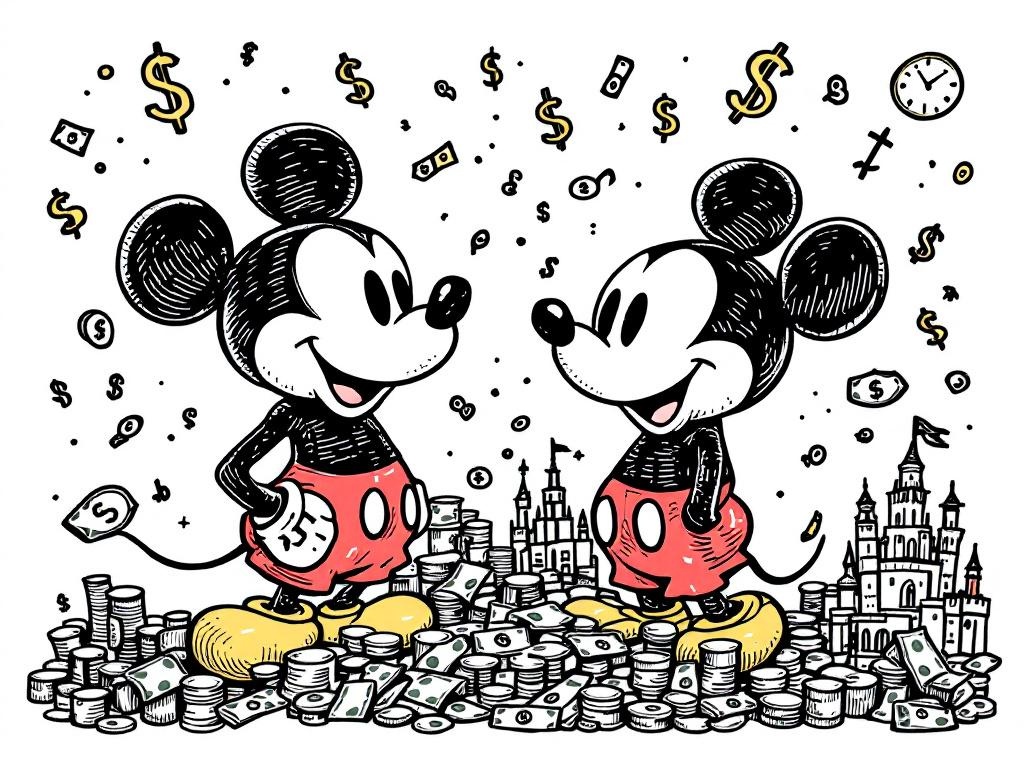Disney and McDonald's Earnings Reflect Economic Challenges

New York, Thursday, 7 August 2025.
Disney and McDonald’s address issues like inflation and job market slowdown in their recent earnings calls, amidst President Trump’s trade policy impacts and his claims of a robust economy.
Inflationary Pressures in Focus
The recent earnings calls for Disney and McDonald’s underscored the ongoing challenges faced by consumer-facing sectors due to inflationary pressures and a decelerating job market. Notably, Disney’s earnings came in lower than expected, leading to a decline in its stock price, which starkly contrasted with McDonald’s slight improvement in earnings that prompted a rise in its shares during premarket trading [1]. These outcomes reflect broader economic uncertainties as businesses adapt to rising costs while trying to maintain consumer spending levels [1].
The Impact of Trade Policies
President Trump’s trade policies have exerted significant stress on the U.S. economy, leading to concerns among major corporations about the enduring impact of tariffs. With the effective average tariff rate on U.S. imports estimated to range from 15 to 20 percent, as estimated by President Trump, and calculated at approximately 18 percent by the Yale Budget Lab, these tariffs are imposing considerable constraints on businesses [1][2][3]. Such measures have kept companies like Disney and McDonald’s on edge, as they navigate the repercussions on profitability and market dynamics [1][5].
Consumer Behavior and Economic Growth
Consumer behavior, which strongly influences over two-thirds of U.S. GDP, is undergoing shifts characterized by a tendency toward ‘trading down and choicefulness,’ where consumers make more deliberate spending decisions [1][5]. This trend has been exacerbated by weaker job numbers and turbulent economic conditions, pushing businesses to reevaluate strategies to attract income-conscious customers [5][6]. The significance of these consumer trends extends beyond individual companies, influencing broader economic projections and policy decisions [3][7].
Future Economic Outlook
The current economic indicators reinforce the urgency for attention from policymakers, especially with Federal Reserve officials actively commenting on the potential need for interest rate adjustments to manage economic slowing. As financial markets anticipate a possible rate cut in September 2025, the focus remains on addressing weak labor market data and fluctuating consumer spending [3][6]. Expectations continue to evolve as the financial and corporate sectors brace for further developments related to tariffs and economic stimuli [4][7].
Sources
- www.nytimes.com
- www.marketwatch.com
- www.axa-im.com
- www.ft.com
- www.cnbc.com
- www.jpmorgan.com
- www.cnbc.com